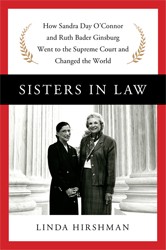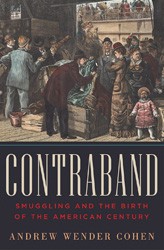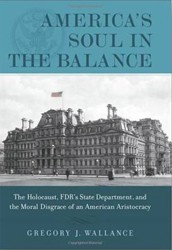To call this a coffee-table book is to minimize its impact as a collection of historic documents. The Jewish Americans is beautiful enough for the coffee table, and is of appropriate size, but it also contains wonderful photographs and copies of original documents which will be of interest to those who search for insights into how ordinary people lived during our nation’s infancy as well as an historic record of how immigrant Jews became Jewish-Americans.
Beth S. Wenger’s eye for selecting illustrative documents is unerring. Starting with 1654, she divides American Jewish history over the past 350+ years into four sections, revealing how Jews contributed to America’s grandeur during the Revolutionary War period and the industrial revolution, the era of great immigration, America at war, and modern America. She introduces each section with a cogent essay, then offers illustrations drawn from original letters or other documents to enlighten the reader. Many of these entries may be familiar but the majority are unique and personal, as when we read a Union soldier’s account of his company’s makeshift Passover seder in a West Virginia field in 1862 (“The necessities for the choroutzes we could not obtain, so we got a brick which, rather hard to digest, reminded us, by looking at it, for what purpose it was intended”), or when we read an eyewitness account by journalist Ruth Gruber, enlisted by Secretary of the Interior Ickes in 1944 to help rescue European Jews (“They were a cross section of Europe’s culture, Europe’s occupations, Europe’s nationalisms. Living with them on the ship made me aware that the most indestructible thing in the world is man. He survives the Gestapo, he survives the Vichy French… [and] hunger and wanderings and crippling torture. These people lived because they scratched and tore and hid and bought false identity papers and never believed in their own death.”).
This book offers a record of resilience and faith, celebration and tears — all the elements that make us humane and are needed to build a nation. 350 years is but the blink of an eye, but this beautiful, engrossing book offers testimony that we were there, and will continue to be an essential part of America.





